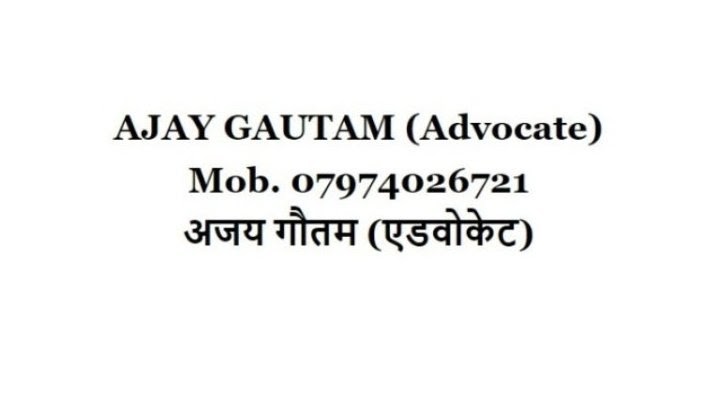DRT Advocates DRT Lawyers DRT Legal Services India
DRT stands for Debt Recovery Tribunal. It is a special court in India that deals with matters related to the recovery of debts owed by individuals, companies, or banks. DRTs were established under the Recovery of Debts Due to Banks and Financial Institutions Act, 1993 (RDDBFI Act) to provide a faster and specialized mechanism for resolving debt recovery cases.
An advocate or lawyer who specializes in representing clients in DRT proceedings is referred to as a DRT advocate or DRT lawyer. These legal professionals have expertise in the laws and procedures governing debt recovery and represent their clients in front of the DRT.
DRT legal services encompass a range of activities provided by lawyers or law firms specializing in debt recovery matters. These services may include:
- Consultation and legal advice: DRT lawyers provide advice and guidance to individuals, companies, or banks facing debt recovery issues. They analyze the situation, explain the legal options available, and provide recommendations based on the client’s specific circumstances.
- Representation in DRT proceedings: DRT lawyers represent their clients in DRT hearings and proceedings. They prepare and file the necessary legal documents, present arguments, cross-examine witnesses, and advocate on behalf of their clients to ensure their interests are protected.
- Case preparation and strategy: DRT legal services may involve case analysis, research, and strategizing. Lawyers gather evidence, review documentation, and develop a comprehensive strategy to present the strongest possible case for debt recovery.
- Negotiation and settlement: DRT advocates may engage in negotiations with the opposing party to reach a settlement that is acceptable to their client. They represent their client’s interests during these discussions and aim to achieve a favorable resolution without the need for a protracted legal battle.
- Appeals and legal remedies: If a client is dissatisfied with the outcome of a DRT case, DRT lawyers can assist in filing appeals and pursuing legal remedies in higher courts.
It is important to note that the specific services provided by DRT advocates may vary depending on their expertise, experience, and the needs of the clients.
DRT stands for Debt Recovery Tribunal. It is a quasi-judicial body set up under the Securitisation and Reconstruction of Financial Assets and Enforcement of Security Interest Act, 2002 (SARFAESI Act) to hear and decide cases relating to recovery of debts due to banks and financial institutions.
A DRT Advocate or DRT Lawyer is a legal practitioner who specializes in representing clients in DRT cases. They have the knowledge and experience to navigate the complex legal process involved in these cases, and can help their clients to achieve the best possible outcome.
DRT Legal Services refers to the legal services provided by DRT Advocates or DRT Lawyers. These services can include drafting and filing petitions, representing clients in court, and negotiating settlements.
If you are facing a debt recovery case, it is important to seek the advice of a qualified DRT Advocate or DRT Lawyer. They can help you to understand your legal rights and options, and represent you in court to protect your interests.
Here are some of the services that a DRT Advocate or DRT Lawyer can provide:
- Drafting and filing petitions
- Representing clients in court
- Negotiating settlements
- Providing legal advice
- Helping to understand the legal process
- Ensuring that your rights are protected
If you are considering hiring a DRT Advocate or DRT Lawyer, it is important to do your research and choose someone who has the experience and expertise to handle your case. You should also ask about their fees and what services they offer.
Here are some tips for choosing a DRT Advocate or DRT Lawyer:
- Get recommendations from friends, family, or colleagues.
- Ask for references from past clients.
- Interview several lawyers before making a decision.
- Make sure the lawyer you choose is familiar with the DRT process.
- Ask about the lawyer’s fees and what services they offer.


You must be logged in to post a comment.